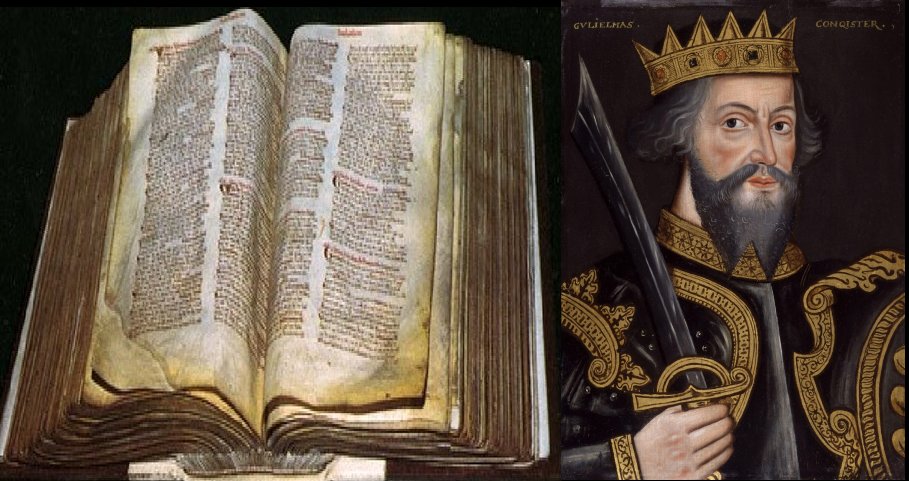

They are a juvenile delinquent to which all the 'proper' historical eras give the proverbial side-eye. The Middle Ages are a shady back alley of history. It's also not quite as gross and plague-y as you might fear, with only a small portion of the text devoted to lancing sores and vomiting blood. And yet it's not a depressing read, somehow. The end of the book is profoundly sad, and only a tiny bit uplifting the ultimate message is that there is value in the struggle even if the outcome is failure. And I'll say one thing for Willis, she isn't afraid to kill characters you like, and here she kills a lot of them. I also could have done without nearly a dozen scenes of characters almost dispensing vital information, then falling into unconsciousness.īut after a few hundred pages, all the annoying stuff is over with and suddenly you're falling in love with all of the characters, and dreading what's going to happen to them, especially the ones in the Middle Ages, because the Black Death wasn't known for leaving a whole lot of survivors.

This is the same format Willis prefers for all of her longer works: lots of really great writing and compelling characters, but you have to wade through a bunch of repetitive "funny bits" to get to them, most of which seem to have to do with telephones. Because this is 1/2 of a fantastic book grafted to 250 pages of tiresome running about with no real purpose. Or look at it this way: Connie Willis really needs an editor. You'd think that was a pretty good trade-off, right? Well, if you've read a few of Connie Willis' "future historian" time travel books, you know that we're probably better off as we are, because without cell phones, it seems humanity would spend most of its days in fevered attempts to place calls by landline video phone, narrowly missing one another, encountering busy circuits, unable to locate anyone not at his home or office. You'd think that was a pretty good trade-off, right? Well, if you've read a few of Connie Willis' "future historian" time travel books, you know that we're probably better off as we are, because without cell phones, it seems humanity would spend most of its days in fevered attempts to place calls by landline video phone, narrowly missing one another, encountering busy circuits, unable to locate Somehow, by the year 2053, we'll have invented time travel but lost the use of cell phone technology. Somehow, by the year 2053, we'll have invented time travel but lost the use of cell phone technology. This review has been hidden because it contains spoilers. "It is a book that feels fundamentally true it is a book to live in" - Washington Post. "Ambitious, finely detailed and compulsivly readable" - Locus

"A tour de force" - New York Times Book Review In a time of superstition and fear, Kivrin - barely of age herself - finds she has become an unlikely angel of hope during one of history's darkest hours. For her instructors in the twenty-first century, it meant painstaking calculations and careful monitoring of the rendezvous location where Kivrin would be received.īut a crisis strangely linking past and future strands Kivrin in a bygone age as her fellows try desperately to rescue her. For her instructors in the twenty-first century, it meant painstaking calculations and careful monitoring of the rendezvous location where K For Kivrin Engle, preparing an on-site study of one of the deadliest eras in humanity's history was as simple as receiving inoculations against the diseases of the fourteenth century and inventing an alibi for a woman traveling alone.

For Kivrin Engle, preparing an on-site study of one of the deadliest eras in humanity's history was as simple as receiving inoculations against the diseases of the fourteenth century and inventing an alibi for a woman traveling alone.


 0 kommentar(er)
0 kommentar(er)
